Abdulai, a representative from Sierra Leone, emphasized the urgency of securing a financial commitment that reflects the needs of developing countries in addressing climate change.
“If we keep delaying, eventually this will turn into a food security issue,” Abdulai warned. “It will become a water insecurity issue, and ultimately, it could lead to a security crisis in Europe.”
Dwindling Time
The outcomes of this week’s climate negotiations hold significant implications for the future. Some countries maintain that without the necessary funding to transition to cleaner energy, they’ll be forced to rely on existing resources, which often involve the very fossil fuels contributing to the ongoing crisis.
Uganda’s Minister of Energy and Mineral Development, Ruth Nankabirwa, pointed to Uganda’s oil and gas projects as examples of how developing countries rely on natural resources for growth. “Oil and natural gas are natural resources that other countries used to develop. If you want Uganda to abandon these resources, you need to offer an alternative. So where is this climate money? Where is it?” she questioned.
Meanwhile, across the globe, leaders including U.S. President Joe Biden, European Commission President Ursula von der Leyen, and others attending the Group of 20 (G20) Summit in Rio de Janeiro, endorsed plans to boost funding for climate and clean energy initiatives. In a joint communiqué, they expressed their hopes for a “successful outcome” at COP29, the upcoming climate conference.
“We recognize the critical need to catalyze and scale up investment from all financial sources and channels to close the funding gap for global energy transitions, especially in developing nations,” the statement read. It acknowledged that these countries require support in moving toward low-carbon economies and that climate finance must grow “from billions to trillions.”
Financial experts and observers believe this political backing may send a strong signal to decision-makers in Baku ahead of COP29.
“There is no going back now,” said Avinash Persaud, climate advisor to the president of the Inter-American Development Bank, in a written statement.





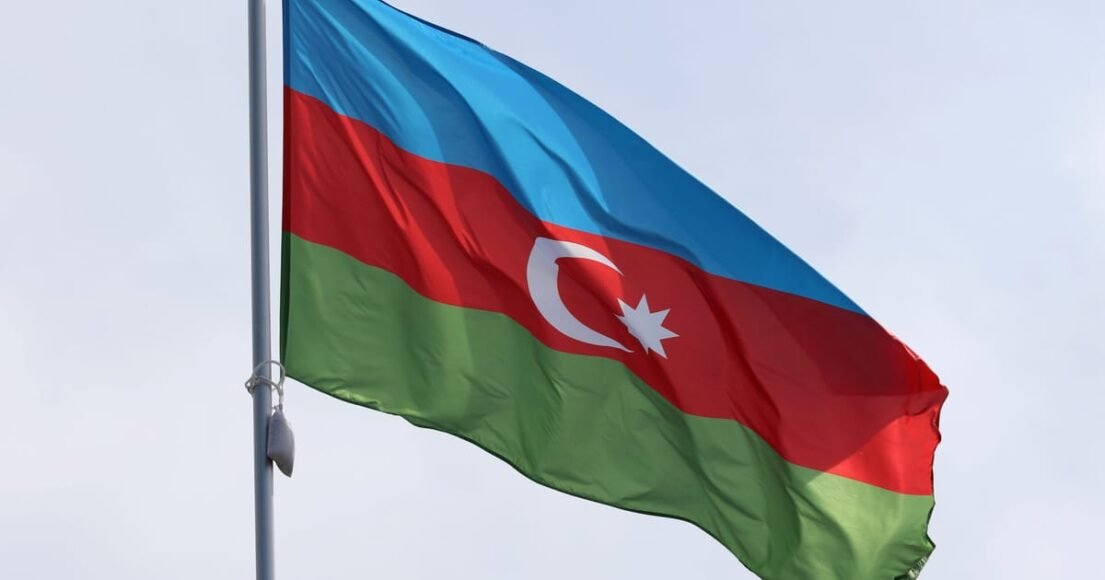


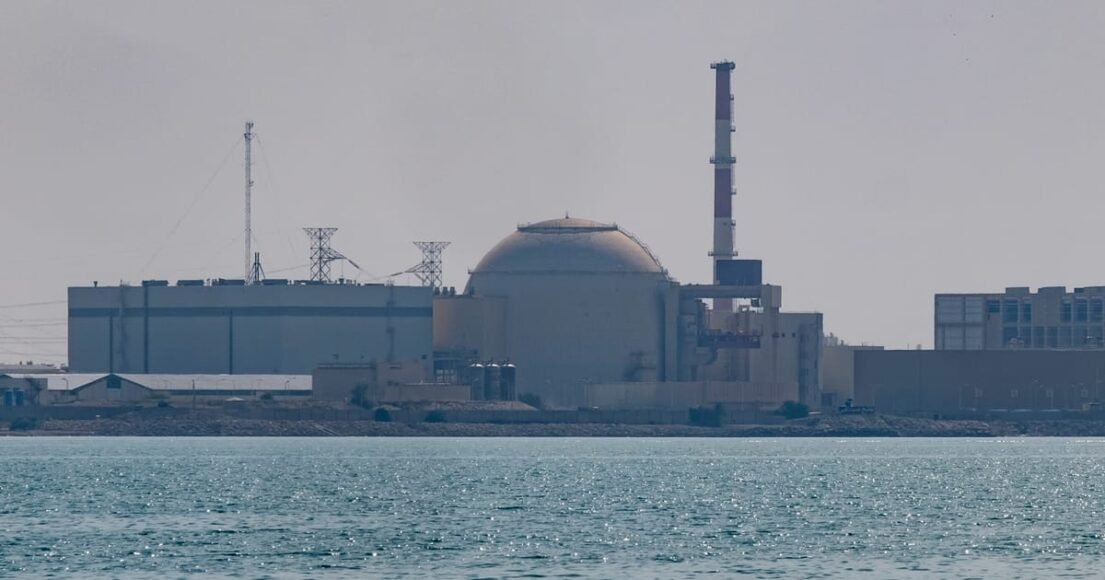
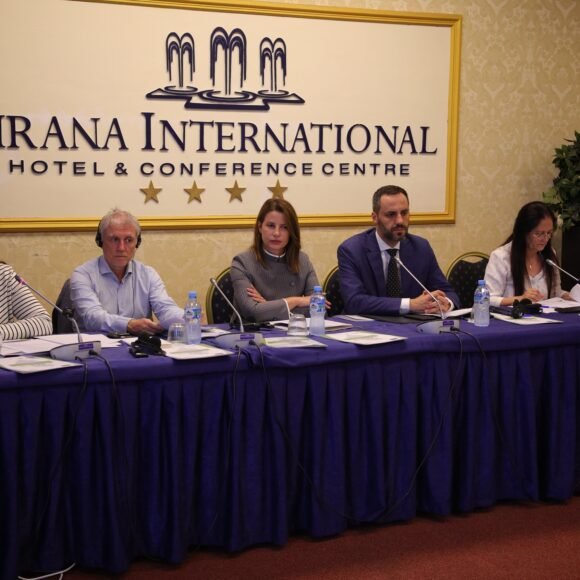
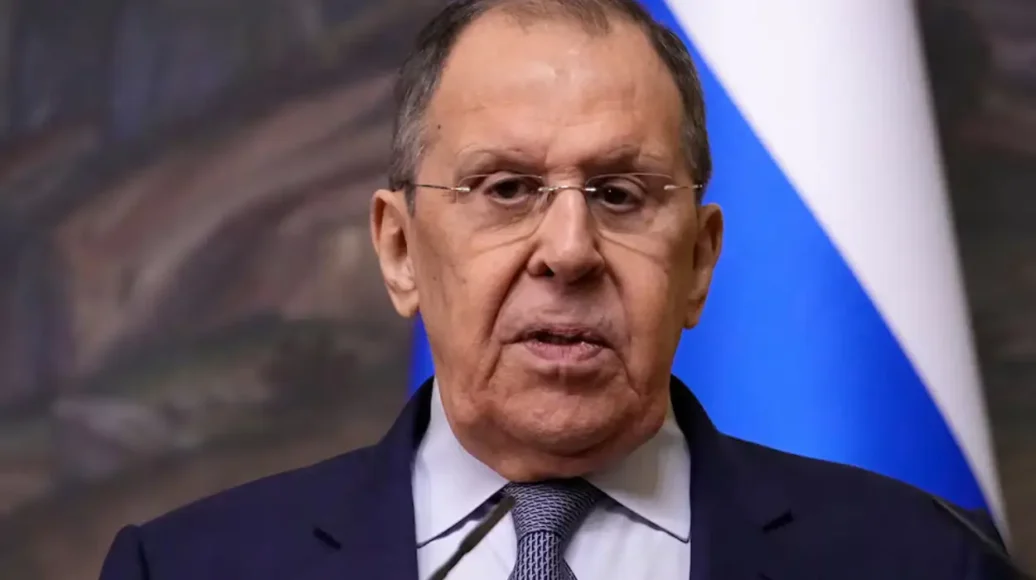
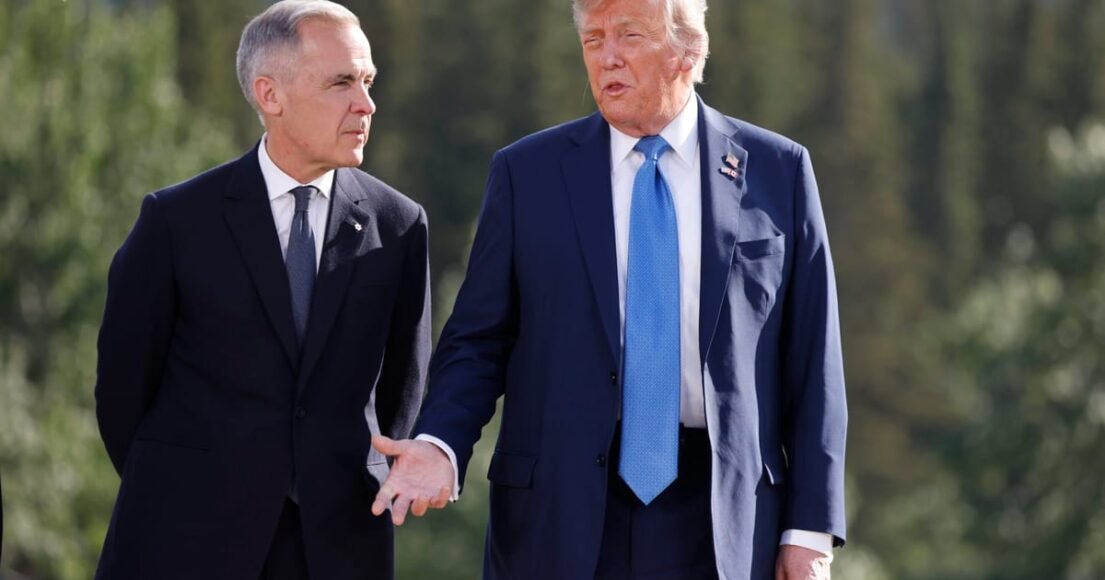
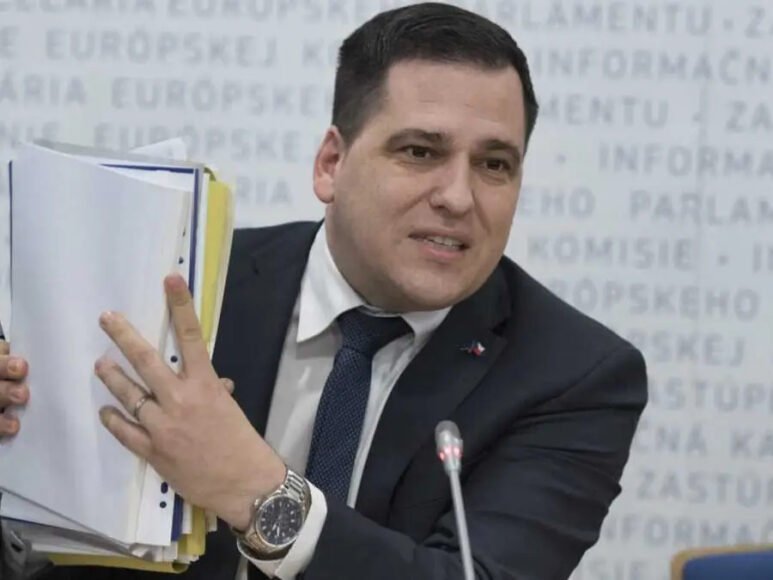
Leave a Reply